5 years after George Floyd’s murder, performative DEI is dead. What comes next?
Five years ago, I watched alongside millions of Americans as the news media looped a clip of George Floyd’s murder at the hands of a police officer in Minneapolis. In the days that followed, as a national movement came to life, dozens of CEOs and executives reached out to me for advice on how their companies should navigate this sudden “racial reckoning.” One time donations or DEI policies would no longer be enough. We needed a sustained response that would create generational wealth for Black families, and start to move the dial on closing the racial wealth gap. I told them, Black people are almost 15% of the U.S. population, major retailers should commit 15% of their shelf space to Black owned brands. If, in 2020, major retailers began making this commitment, venture capital would be forced to take notice, and might be ready to allocate more than their traditional 1% of capital to Black entrepreneurs, therefore driving capital into Black communities. “Not enough customers” But in those early days of my nonprofit, the Fifteen Percent Pledge, for every late night call I had with a CEO who had been moved to tears over their complicity in systemic racism, there was a call the next morning with an executive telling me “they didn’t have enough Black customers to do this” or that “they just wanted to stock the best products.” To be clear, the Pledge has only ever asked retailers to stock the best products—and we want to expand customer bases, not narrow them. The business case for investing in people of color, which is too often boiled down to “DEI,” was as true then as it is now: when we invest in small businesses, everyone wins. Mounting pressure And yet, over the past few months, we’ve seen mounting political and cultural pressure aimed at dismantling diversity, equity, and inclusion programs. From conservative lawsuits to shareholder proposals trying to roll back corporate commitments, the backlash is unending—and some companies are caving. They are quietly scrubbing DEI language from their websites, dissolving departments, laying off experts, and shrinking procurement goals, all under the guise of “following the law”—to be clear, there is no American law that actually bans inclusive business practices. But even as many companies cower in fear at the prospect of a nasty tweet from a certain elected leader, the ones that have truly committed to diverse employees, vendors, and customers are not backing down. Smaller, stronger, more serious Yes, the performative DEI era—marked by splashy social media campaigns, vague equity initiatives, and one-off diversity trainings—is over. What’s emerging in its place is a smaller, stronger, more serious cohort of brands that are leaning into the hard work of equity. These are companies that understand this isn’t about politics—it’s about people and profit. And right now, those two things are aligned more than ever, for better and for worse. Let’s look at Target. In 2020, the company—based at the epicenter of the Black Lives Matter movement—actively chose not to partner with the Fifteen Percent Pledge, and instead launched REACH, their Racial Equity Action and Change committee, along with a $10 million pledge and series of DEI goals for hiring, sourcing, training, and advocacy. In January of this year, Target disbanded the committee and all associated commitments, which promptly led to a series of customer boycotts. This month the company announced a 2.8% drop in quarterly sales and scaled down projections for the duration of the year. Increased profits On the other hand, companies like Sephora didn’t stop at words—they’ve understood for years that consumers of color, and those rooting for them, are a massive market opportunity. Sephora has restructured their shelves to feature dozens of Black-owned brands, conducted in-store equity audits, and invested in vendor diversity throughout their supply chain—and they’ve seen significant results: stronger customer loyalty, greater brand trust, and an influence that reshaped their industry. Plus increased profits. Supporting diverse small businesses is not simply a moral argument, it’s a business case. Black-owned businesses contribute over $200 billion to the U.S. economy each year. If Black women-owned businesses achieved revenue parity with their white male counterparts, they would add $1.5 trillion in revenue. We know Gen Z and millennial consumers are shopping their values, and we know Black consumers’ collective buying power is expected to reach $1.7 trillion by 2030. The data is undeniable: equity sells. The market speaks And yet, we’re seeing major retailers suffer the consequences of abandoning the values they once claimed to uphold. Target is only one example of companies facing reduced foot traffic, declining Q1 earnings, and increasingly vocal backlash from the very consumers they rely on. The market is speaking. Are brands listening? The companies that will thrive in

Five years ago, I watched alongside millions of Americans as the news media looped a clip of George Floyd’s murder at the hands of a police officer in Minneapolis. In the days that followed, as a national movement came to life, dozens of CEOs and executives reached out to me for advice on how their companies should navigate this sudden “racial reckoning.” One time donations or DEI policies would no longer be enough. We needed a sustained response that would create generational wealth for Black families, and start to move the dial on closing the racial wealth gap. I told them, Black people are almost 15% of the U.S. population, major retailers should commit 15% of their shelf space to Black owned brands.
If, in 2020, major retailers began making this commitment, venture capital would be forced to take notice, and might be ready to allocate more than their traditional 1% of capital to Black entrepreneurs, therefore driving capital into Black communities.
“Not enough customers”
But in those early days of my nonprofit, the Fifteen Percent Pledge, for every late night call I had with a CEO who had been moved to tears over their complicity in systemic racism, there was a call the next morning with an executive telling me “they didn’t have enough Black customers to do this” or that “they just wanted to stock the best products.”
To be clear, the Pledge has only ever asked retailers to stock the best products—and we want to expand customer bases, not narrow them. The business case for investing in people of color, which is too often boiled down to “DEI,” was as true then as it is now: when we invest in small businesses, everyone wins.
Mounting pressure
And yet, over the past few months, we’ve seen mounting political and cultural pressure aimed at dismantling diversity, equity, and inclusion programs. From conservative lawsuits to shareholder proposals trying to roll back corporate commitments, the backlash is unending—and some companies are caving. They are quietly scrubbing DEI language from their websites, dissolving departments, laying off experts, and shrinking procurement goals, all under the guise of “following the law”—to be clear, there is no American law that actually bans inclusive business practices.
But even as many companies cower in fear at the prospect of a nasty tweet from a certain elected leader, the ones that have truly committed to diverse employees, vendors, and customers are not backing down.
Smaller, stronger, more serious
Yes, the performative DEI era—marked by splashy social media campaigns, vague equity initiatives, and one-off diversity trainings—is over. What’s emerging in its place is a smaller, stronger, more serious cohort of brands that are leaning into the hard work of equity. These are companies that understand this isn’t about politics—it’s about people and profit. And right now, those two things are aligned more than ever, for better and for worse.
Let’s look at Target. In 2020, the company—based at the epicenter of the Black Lives Matter movement—actively chose not to partner with the Fifteen Percent Pledge, and instead launched REACH, their Racial Equity Action and Change committee, along with a $10 million pledge and series of DEI goals for hiring, sourcing, training, and advocacy. In January of this year, Target disbanded the committee and all associated commitments, which promptly led to a series of customer boycotts. This month the company announced a 2.8% drop in quarterly sales and scaled down projections for the duration of the year.
Increased profits
On the other hand, companies like Sephora didn’t stop at words—they’ve understood for years that consumers of color, and those rooting for them, are a massive market opportunity. Sephora has restructured their shelves to feature dozens of Black-owned brands, conducted in-store equity audits, and invested in vendor diversity throughout their supply chain—and they’ve seen significant results: stronger customer loyalty, greater brand trust, and an influence that reshaped their industry. Plus increased profits.
Supporting diverse small businesses is not simply a moral argument, it’s a business case. Black-owned businesses contribute over $200 billion to the U.S. economy each year. If Black women-owned businesses achieved revenue parity with their white male counterparts, they would add $1.5 trillion in revenue. We know Gen Z and millennial consumers are shopping their values, and we know Black consumers’ collective buying power is expected to reach $1.7 trillion by 2030. The data is undeniable: equity sells.
The market speaks
And yet, we’re seeing major retailers suffer the consequences of abandoning the values they once claimed to uphold. Target is only one example of companies facing reduced foot traffic, declining Q1 earnings, and increasingly vocal backlash from the very consumers they rely on. The market is speaking. Are brands listening?
The companies that will thrive in this next chapter won’t be the ones retreating in this moment. They’ll be the ones redesigning their hiring and promotion pipelines, embedding supplier diversity into procurement, conducting holistic equity audits—not just press-friendly initiatives. They’ll be the ones moving from symbolism to systems, from pledges to practice.
DEI isn’t dying. But performative DEI? That’s over. And we’re better for it.




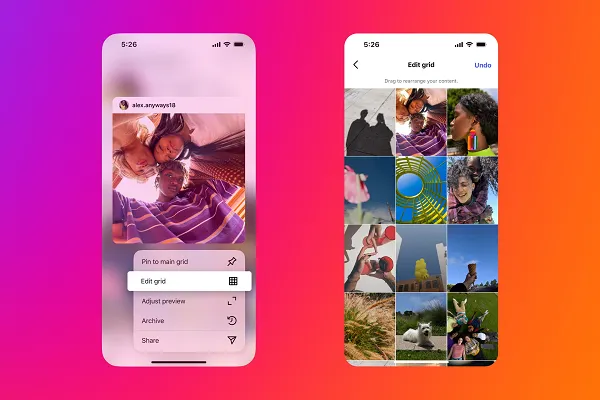
![X Highlights Back-To-School Marketing Opportunities [Infographic]](https://imgproxy.divecdn.com/dM1TxaOzbLu_kb9YjLpd7P_E_B_FkFsuKp2uSGPS5i8/g:ce/rs:fit:770:435/Z3M6Ly9kaXZlc2l0ZS1zdG9yYWdlL2RpdmVpbWFnZS94X2JhY2tfdG9fc2Nob29sMi5wbmc=.webp)



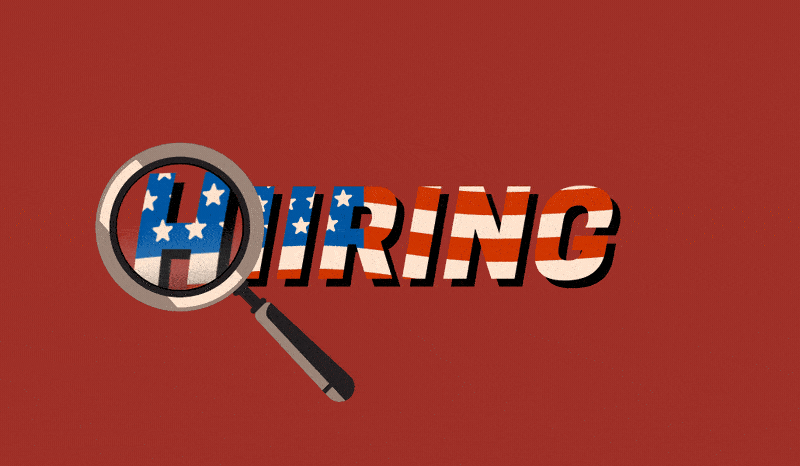







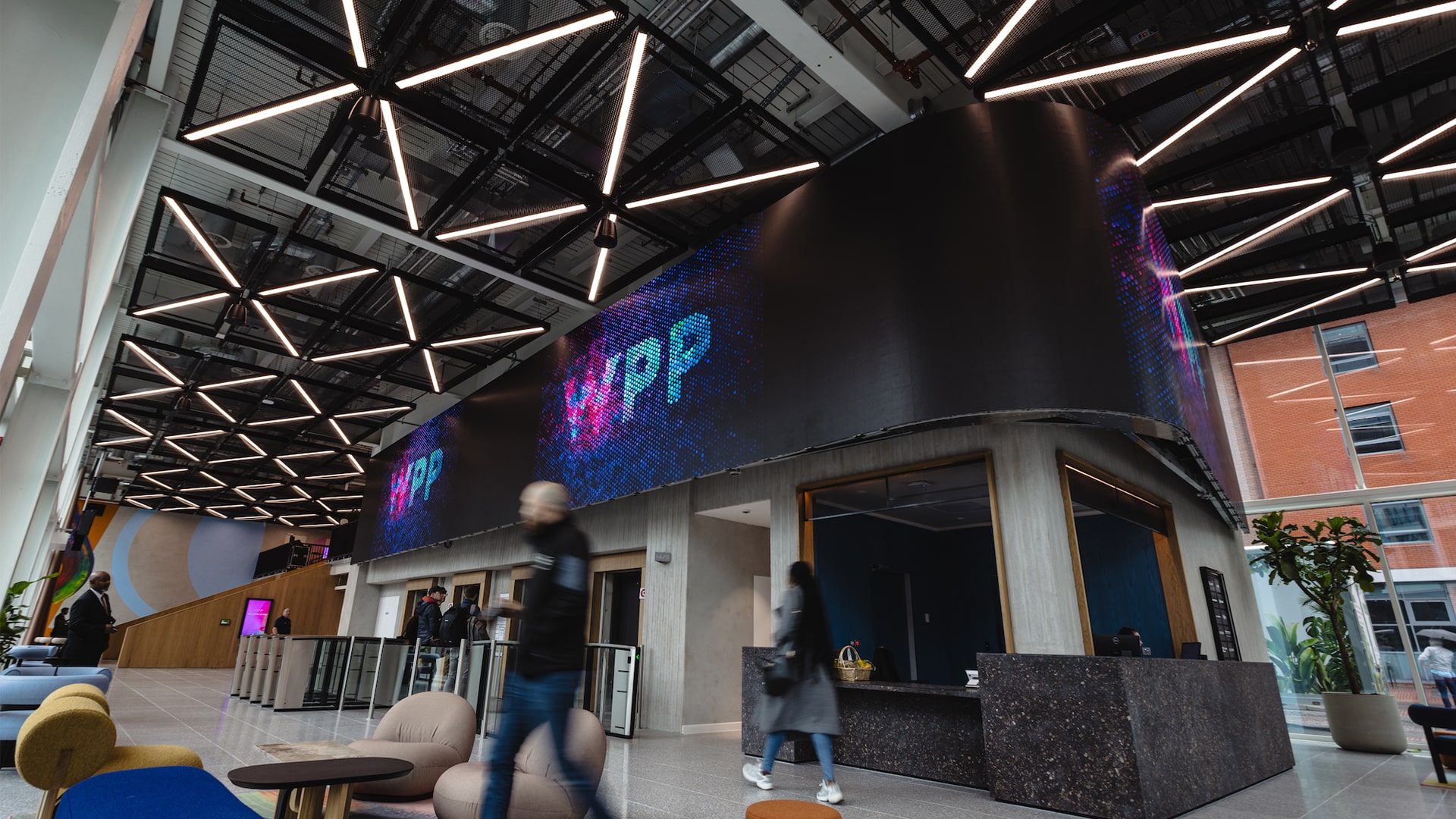






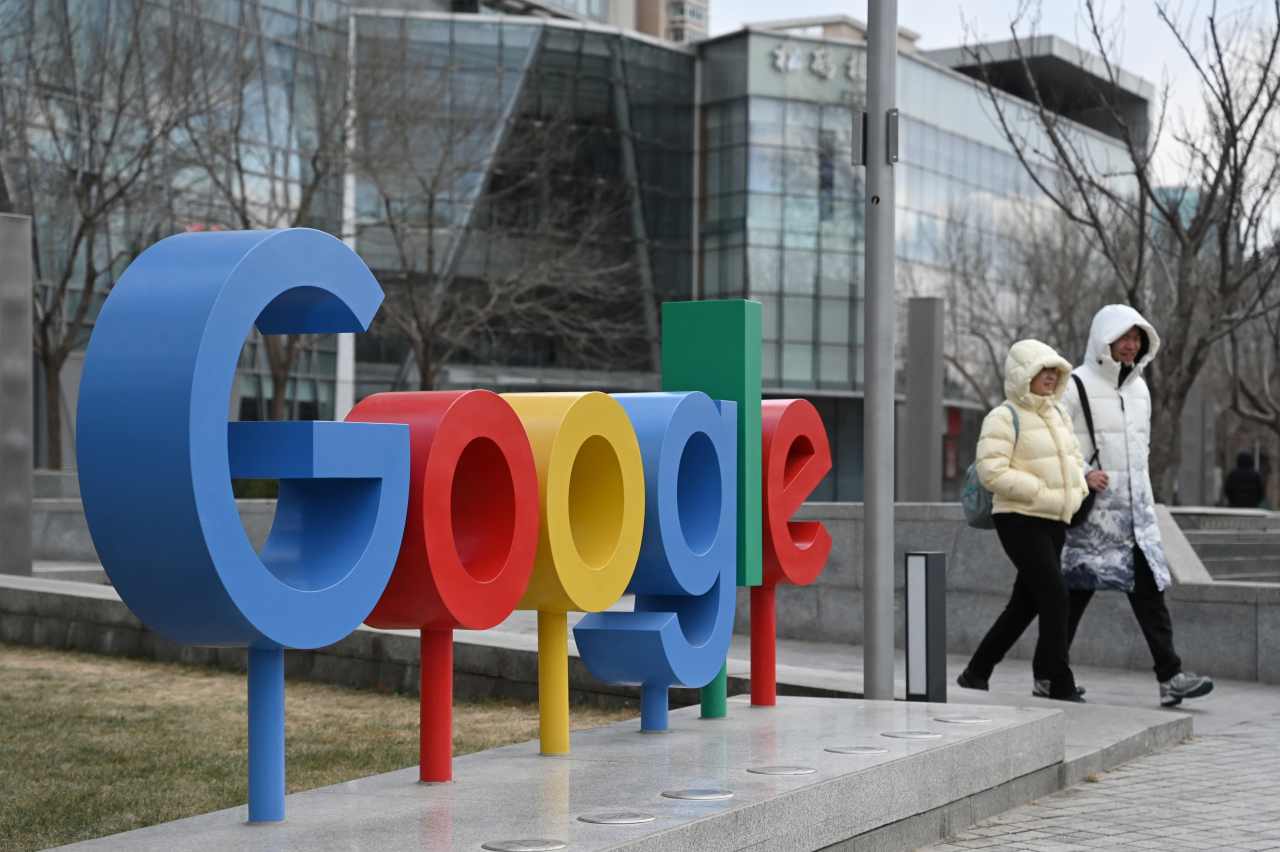





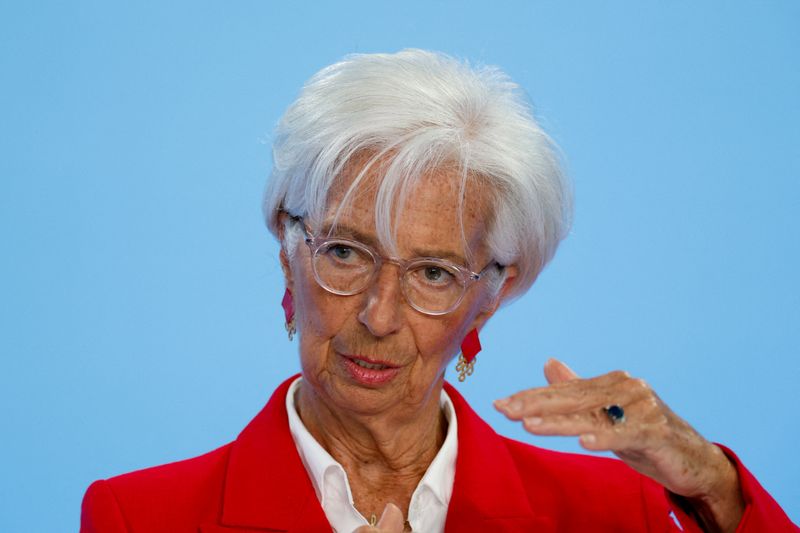




















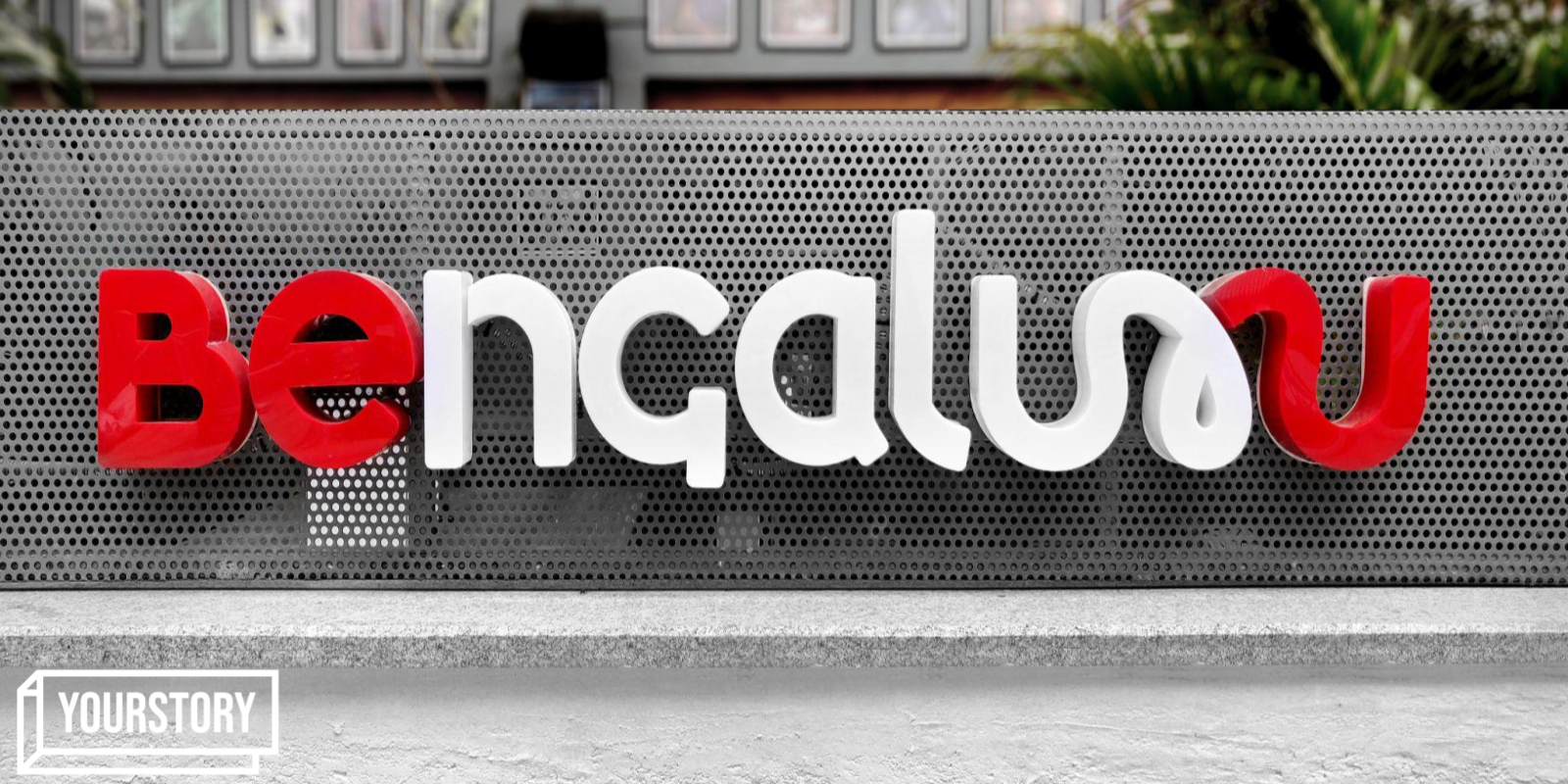


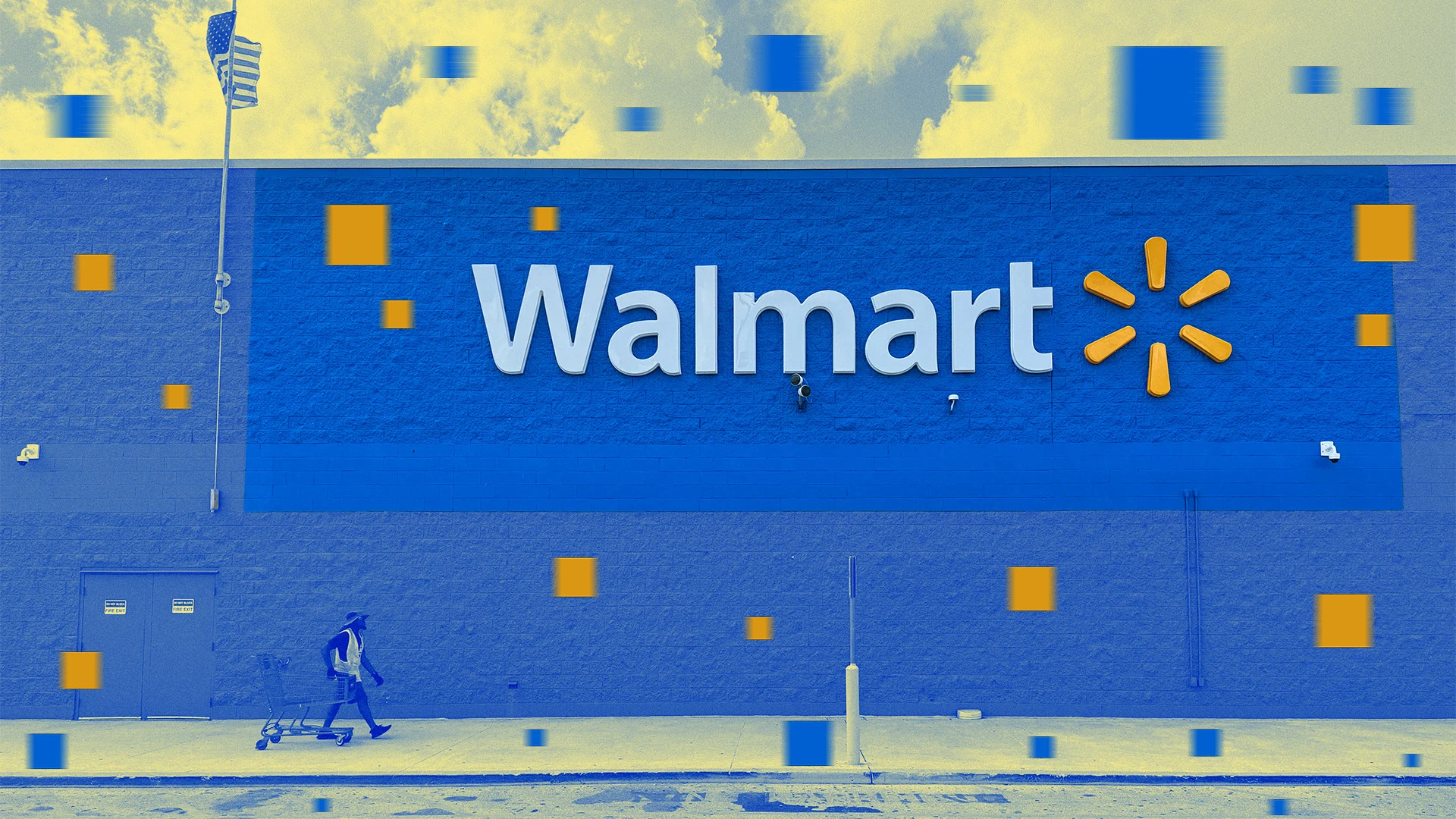














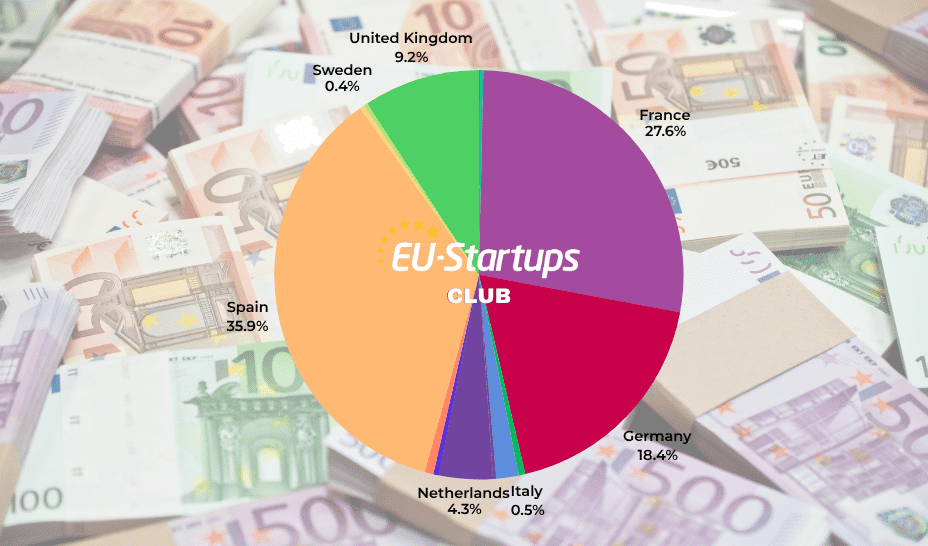






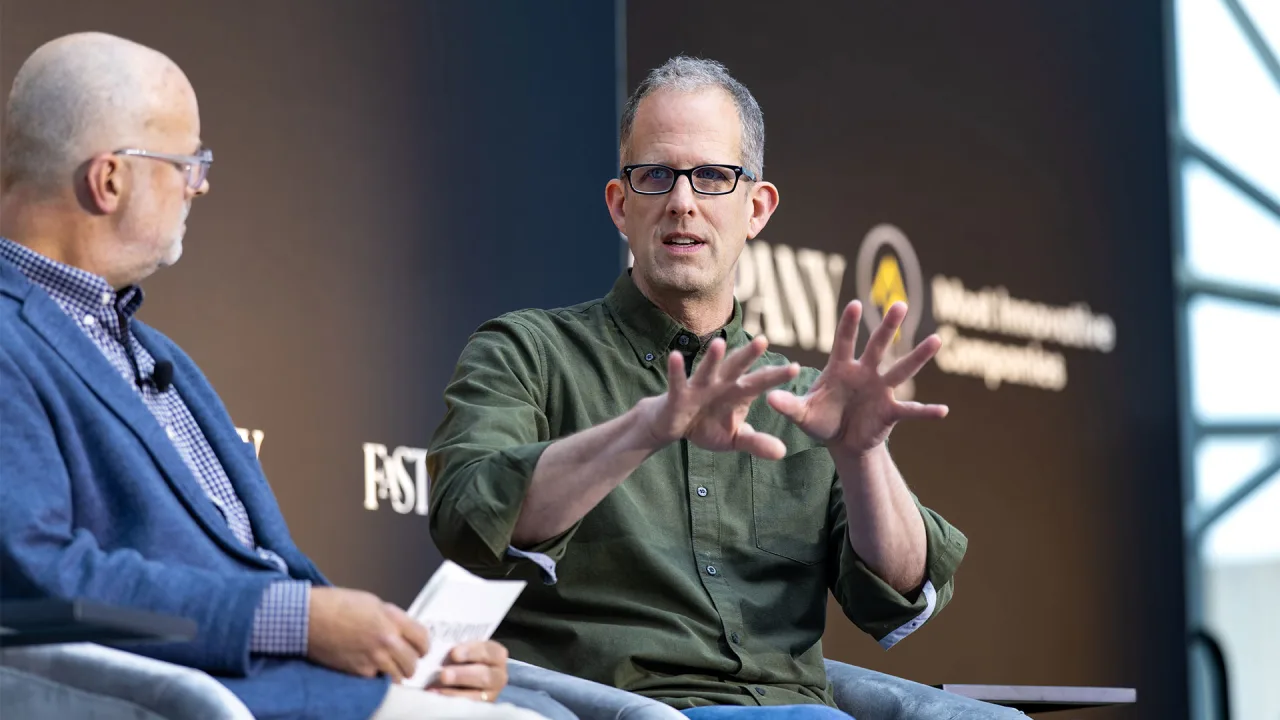












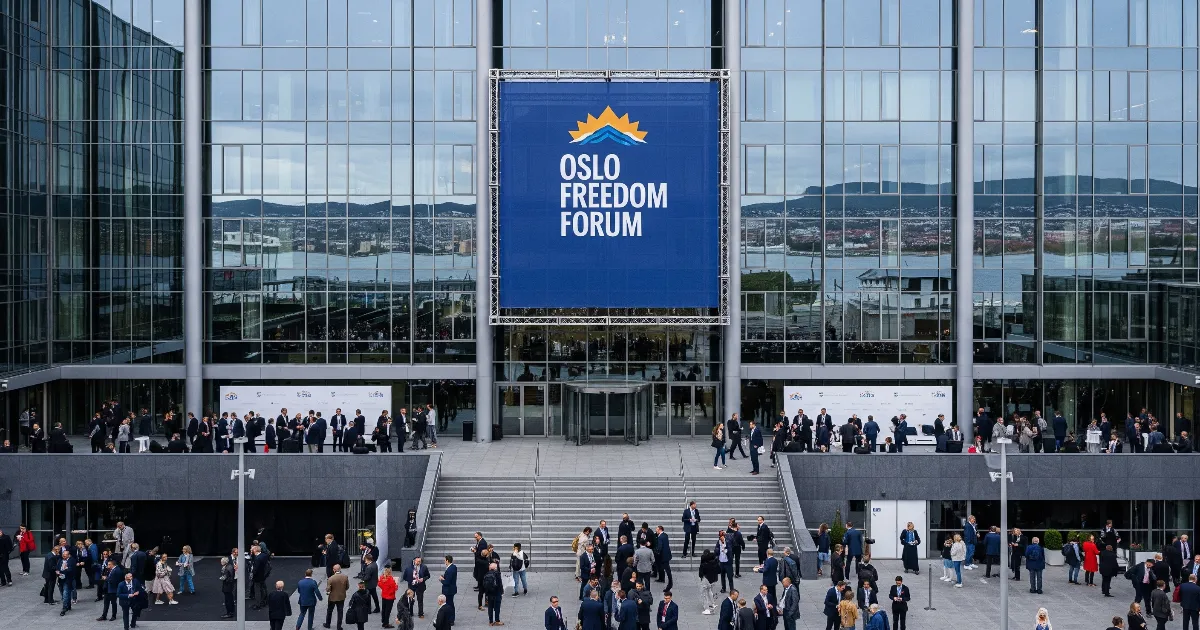
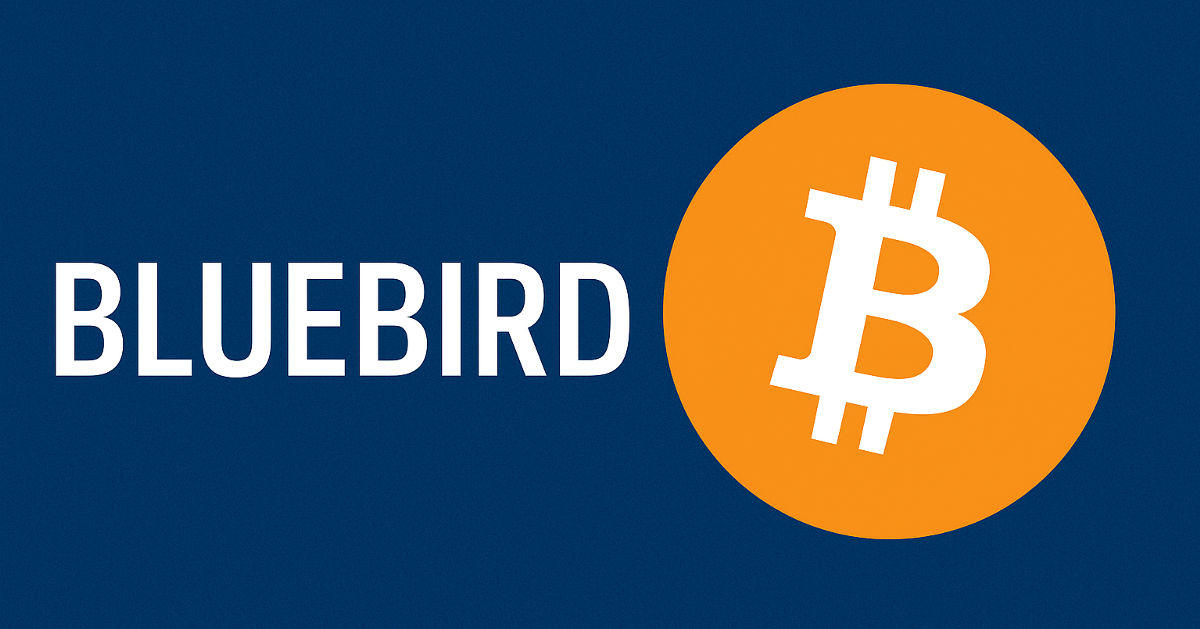






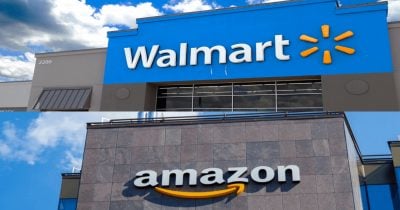














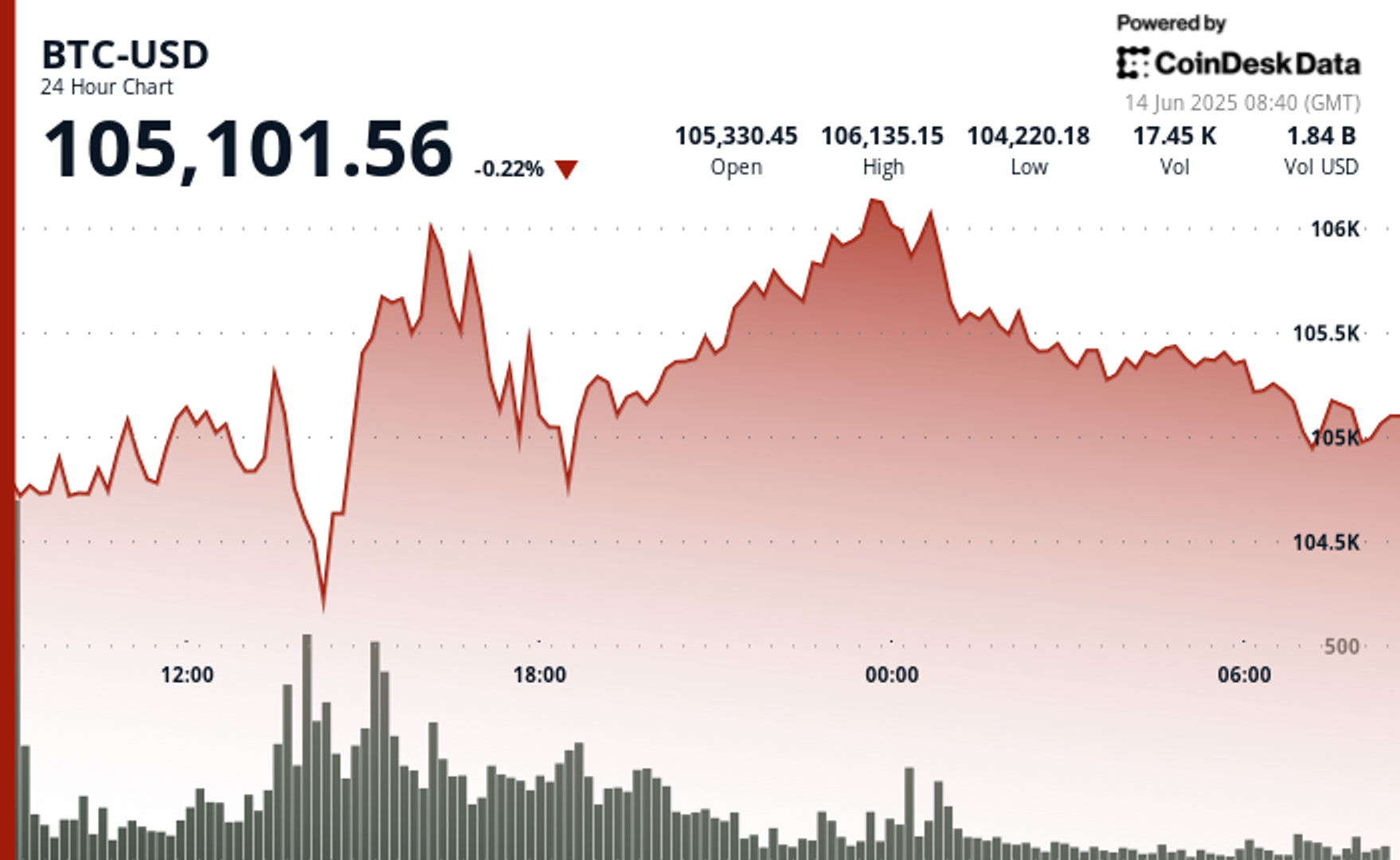
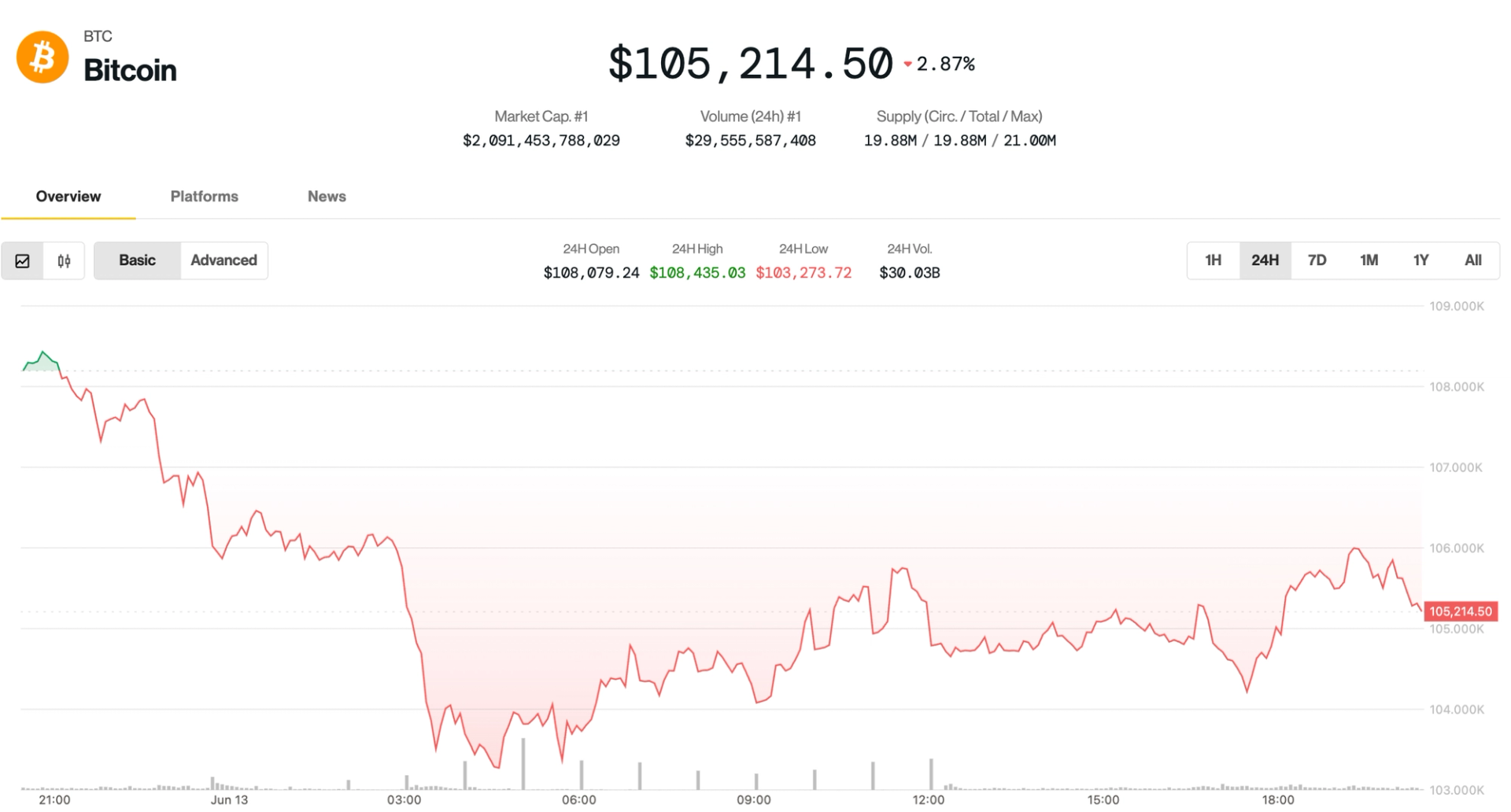
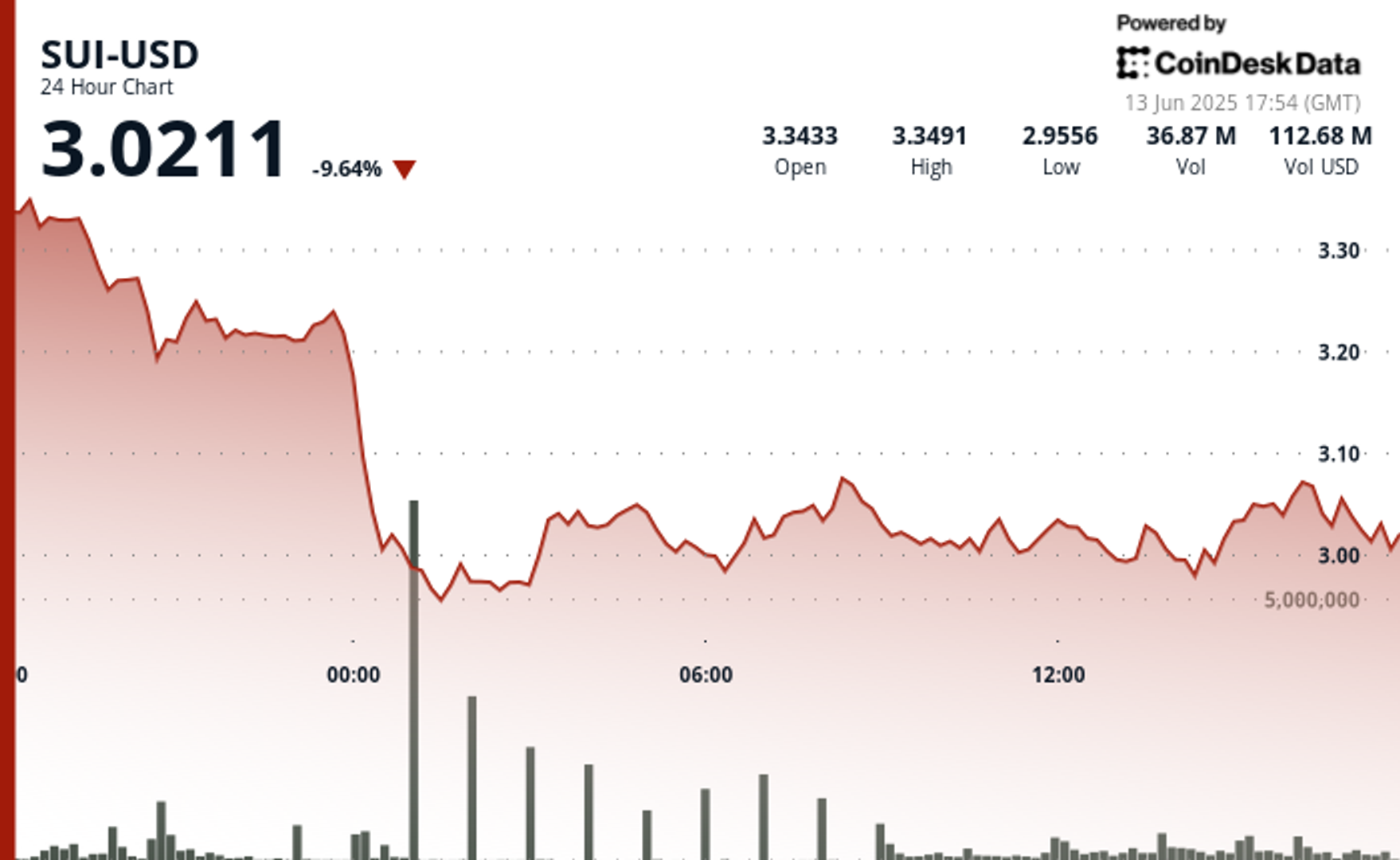
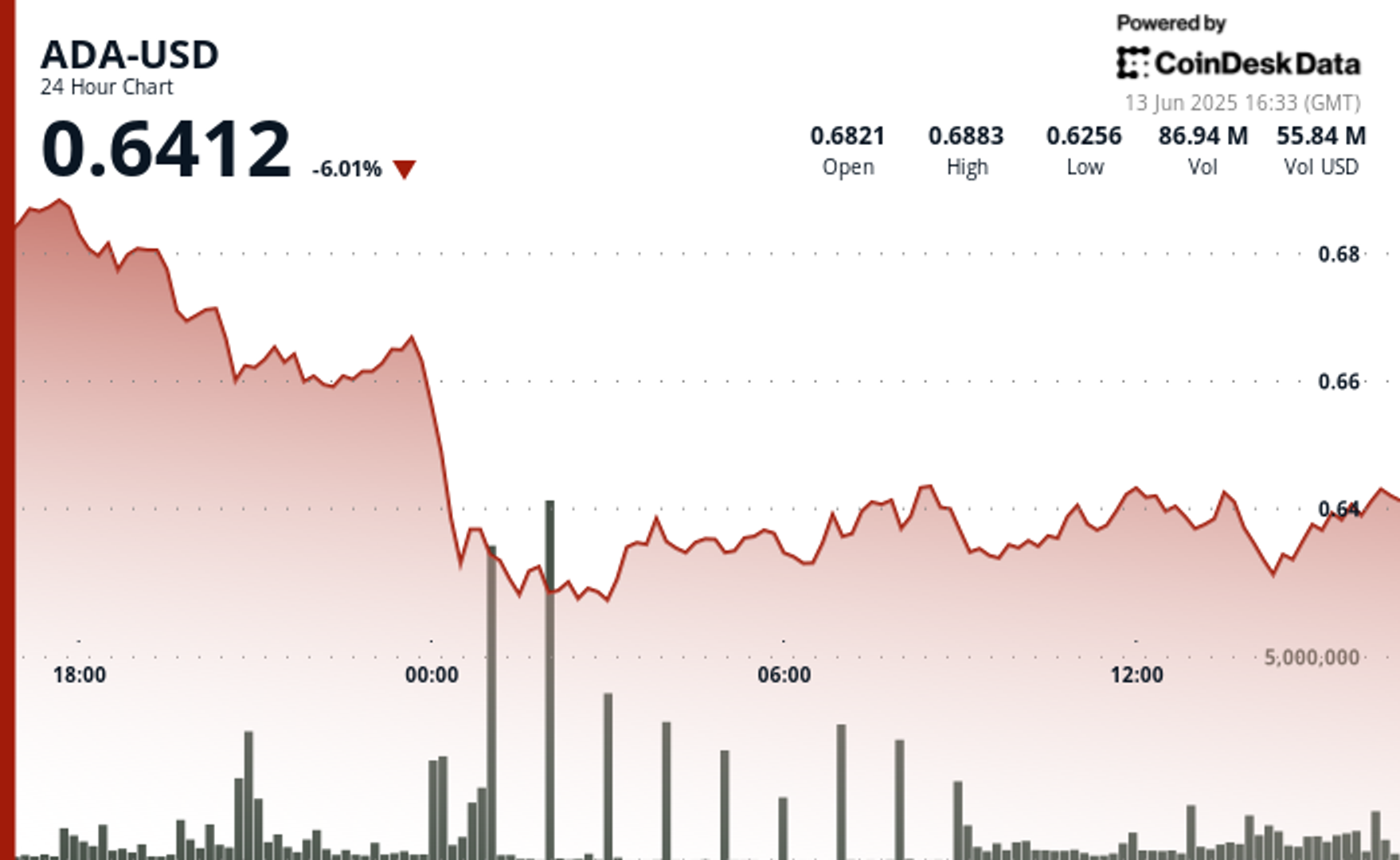















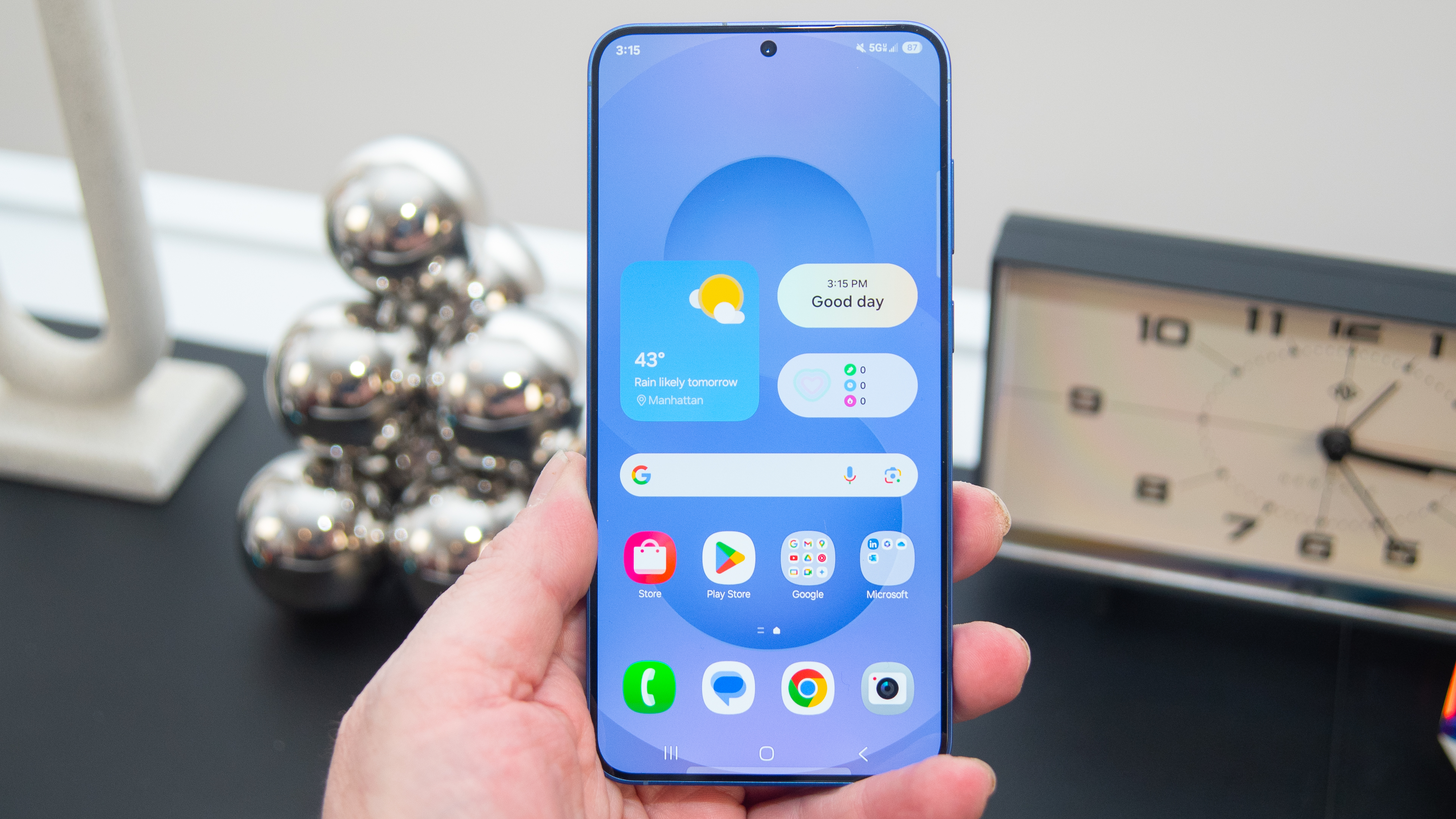








































.png)



















